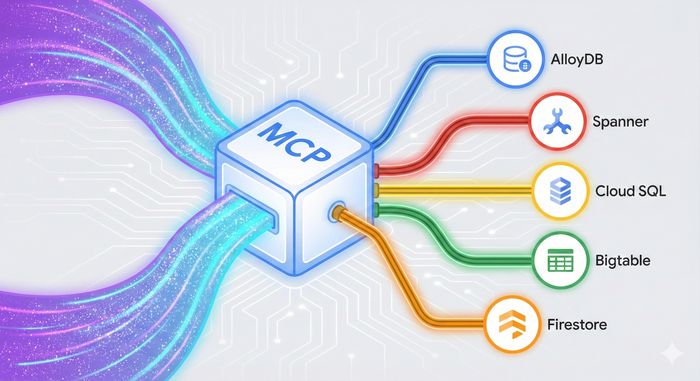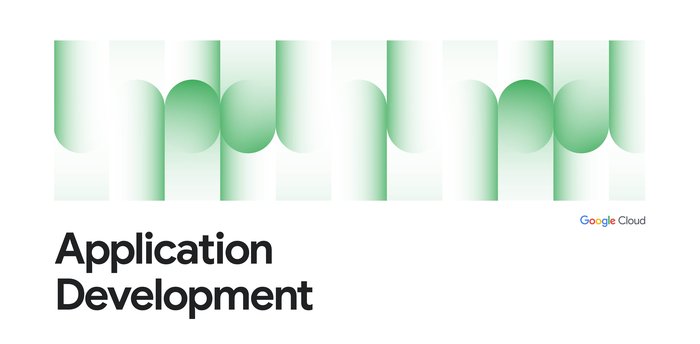Move Ruby on Rails apps to GKE to discover the treasures of cloud
Jani Patokallio
Cloud Solutions Architect
Ruby on Rails won developers' hearts by providing a platform for rapidly building database-backed web apps. Google Kubernetes Engine (GKE) takes the pain out of deploying and managing Kubernetes clusters, and provides a great on-ramp to the benefits of containers. However, learning how to package and deploy Ruby applications on GKE can be challenging, particularly when migrating existing production applications and their data
The new Migrating Ruby on Rails apps on Heroku to GKE tutorial takes you through migrating a sample Ruby on Rails application hosted on Heroku to GKE step by step, explaining Kubernetes concepts along the way. You learn how to convert Heroku dynos to GKE nodes, migrate a Heroku Postgres database to Cloud SQL for PostgreSQL, package and test your Ruby on Rails app as a Docker container, deploy this container on GKE and finally scale it to meet your capacity needs. The resulting environment (shown in the diagram below) is replicated across multiple zones for high availability, making it suitable for production use.


Much of the tutorial's advice applies to migrating Ruby apps from any environment to GKE. There are also tips for overcoming common issues during database migrations and troubleshooting issues with containerized applications.
Learn more about the many ways to run Ruby on Rails on Google Cloud Platform, and try migrating a Rails app to GKE today.


